It was back in 1996 when Audra released their first-ever cassette mini-album Unhappy Till the End. After shifting their lineup to focus primarily on brothers Bret and Bart Helm, they returned in the new millennium with their well-received self-titled record, while 2002’s Going To The Theatre followed shortly after. However, it was in 2009 that everybody started talking about this band from Mesa, Arizona who issued the stunning Everything Changes. Then, without any fanfare, they disappeared for a decade, leaving a glam-shaped hole in the scene.
In the interim, Audra‘s legacy grew, and the band was ripe for a revival. Earlier in summer 2019, Post-Punk.com announced Audra‘s sudden comeback, and we’ve now had the pleasure to sit down with the band’s frontman Bret Helm for a chat about the past, the band’s new Dead Tired Friends album, the collaboration with Mike VanPortfleet of Lycia on the song “Planet of Me”, and the future:
Hello Bret, what a surprise that was—a brand new album after 10 long years by a band that we’ve’ always regarded as an important ‘cult’ act! Why did you disappear for such a long time?
Hello and thank you! It’s very nice to hear that we are regarded as such. I think the main reason for the dormancy was that life took its toll on each of us in the band. After the Everything Changes album in 2009, we still continued to play shows up through 2013 and then took an unplanned, unacknowledged break. During that downtime, Jason and I kept busy with a live side-project, but I really struggled with the loss of time, but have come to accept that things have to happen when they’re ready to. I continued to record and stockpile song ideas for when we’d eventually reconvene for a new Audra album. When we reassembled in late 2017, I was shocked to find out we hadn’t all been on stage together in four years.
What brought you together again? And what made you decide to continue in a similar style to Everything Changes?
In late 2017, we were invited to play at a music festival in Mesa, Arizona – where two of us played live. We put together a short set of our more high-energy songs and played right on the side of the street in the downtown area. It was just a couple of miles away from where we played our very first gig back in 1993, and it really felt good to tap into that vibe pretty much 25 years later. And of course, once the three of us play together, it’s always an inspiring thing, so we decided to start building things back up again. A few months later we did another show in San Diego and then immediately after started mapping out our next move, which was recording some songs.
The first two albums feel connected to one another – and as the 2009 title implied, everything changes. A natural evolution that (mostly) every band goes through. The sound and songs evolve from the times we currently live in, who we are at this point in time and current inspirations. I think a lot of people associate Audra with those first two albums – perhaps even a lot are unaware of Everything Changes. It was an incredibly important record for us and since we released that one ourselves with minimal promotion amidst big changes in the music industry, I think it got overlooked – and that is a shame.
In the past, songs were written and then played live. Pretty much all of the songs on Everything Changes were played live – some songs for even several years before they were recorded in the studio. Dear Tired Friends was constructed much differently. I worked on demos in my home studio and would send them over to Bart who would give me feedback for which I would make changes until we had full arrangements. We also took our time recording it, doing it in small increments at a time. Jason would come in and absolutely nail his drum parts in minimal takes. It was amazing to watch everything come together. Josh Rozenboom, who engineered and mixed the album, did a fantastic job of capturing us at this moment in time.
And now that we have the new album Dear Tired Friends with 10 new songs—Tell us please, what kind of things are addressed on the new LP? What is the character of this album?
As I mentioned earlier, we all went through some difficult times. Dear Tired Friends needed to be about closing the door on all of that and moving on. Sometimes in life you find yourself surrounded by people and situations that hold you back, and this was time to acknowledge, document and let it all go. I look at these songs as letters to others and to myself.
I see that you have a very special guest on “Planet of Me,” Mr. Mike VanPortfleet from another significant band from Arizona—Lycia! How did you two end up in the studio together and who chose whom for this collaboration?
I met Mike and Tara from Lycia back in 1997 when we played together on their Cold tour. Shortly after we became labelmates once we signed to Projekt at the end of 1999. We live in the same city, so we get together often for dinner and to swap band stories. I had been wanting to have Mike play on a new song, but didn’t have one that felt right until I finished the demo for “Planet of Me.” I sent him the track and he told me to give him a month. Two days later he had it done. And it was perfect. We got to play it live together at the Dear Tired Friends album release party back in September. It was a great moment.
I was surprised to see that the new album was mastered at The Cage Studios (Coventry, UK) by Martin Bowes of Attrition! Can you give us the details on how that happened, please?
I’ve also known Martin for many years. Audra and Attrition were both on Projekt and we’ve done some shows together over the years. Most probably are unaware that Audra recorded a version of Attrition’s “Dreamsleep” for a compilation that Martin put out in the mid-2000s. It should be up and available on all of the digital sites. But yeah, so when I was contemplating a Mastering Engineer for Dear Tired Friends I had been helping Mike (Lycia) and Sam at Projekt to proof the vinyl test pressings for the last couple of Lycia releases. Martin had done the mastering on them and I was very impressed. I got in touch and he did a fantastic job on the Audra album.
“Wish No Harm” was initially recorded on cassette tape with a Fostex 4-track back in 1993, and since then, it had remained in the dark. What is so special about this song that made you look at it again and complete it?
Yeah, that’s true. Before we set out to record the album, I compiled a playlist of demos & recordings that I thought would be contenders to record in the studio. Then the 3 of us (Bart, Jason and myself) got together at my house to listen. I handed everyone a sheet of paper with the names of songs on it and told everyone to secretly choose their 4 favorites. At the end of our listening session, each one of us had chosen “Wish No Harm” as one of the four to be recorded. The others were “Tired Friends,” “Sliding Under Cars” and a bass/drum riff that I turned into “Planet of Me.” The original 1993 demo of “Wish No Harm” is pretty close to the album version. We edited down some of the sections and Bart added some additional guitar layers. Shortly after that listening session we had, I sat down and assembled the melody and words. It came together so quickly that I barely remember doing it. I think the ending vocals are one of the best things I’ve ever done.
Audra is a post-punk/ darkwave band from the city of Mesa in Arizona. In my European eyes and ears, historically Arizona is a place where the desert is filtered through the music, creating a trademark sound known as desert-rock. How is it that some bands, such as yours and Lycia too (and Bela Lune and Body of Light), stray away from that norm and provide a quite different and amazing perspective?
My brother and I grew up on the west side of Chicago in a town called Stone Park. So much of the inspiration behind the songs – and for that matter, the band itself – are deeply rooted there. I’ve never really pondered how our music fits into the Arizona sound, as we’ve kind of always been disconnected here, never fitting into anything – musical outcasts so to speak. I think Mike from Lycia would say the same thing. When we first started out, the music scene & sound was all about what was happening on Mill Avenue – the main street that bordered on Arizona State University in Tempe, Arizona. Bands like Gin Blossoms and The Refreshments were a part of what was called The Tempe Sound. We couldn’t get any gigs in that part of town, so we put on our own shows in the beginning and eventually played at the more darker corners, like The Mason Jar or The Atomic Cafe where anything went
If I asked you to describe what kind of music you play, what would you say?
I don’t think our sound is very easy to pin down. Bart and I grew up with diverse musical tastes, and perhaps the biggest influence on us was the first three Jane’s Addiction records. We wanted to have that spirit of eclecticism where when you listened to an album, each song was different from the next, yet felt unified as a whole. That’s been captured on every Audra record since the beginning. I think the term ‘post-punk’ has gotten pretty watered down recently and feel Audra has a connection to the original bands that pioneered that spirit. Honestly, whenever I meet someone and they ask what I do for a living and when I tell them I’m a musician, they inevitably ask what kind of music my band plays. 9 times out of 10, I just say ‘rock music’ – it’s easier that way! Haha!
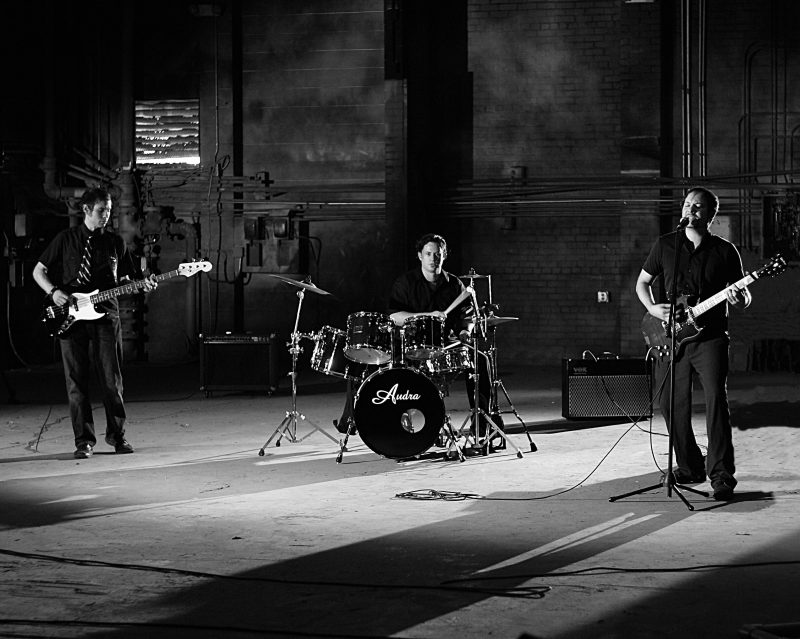
I would also like to ask about your lyrics. What drives you in these Audra narratives? What do you feel makes for good lyrics?
For me, lyrics need to be sincere. It can be a major deal-breaker when I hear a band where the words just seem to be thrown in there to propagate an image. I write about personal experiences or observations of those around me. Since I was little I’ve always silently observed everything going on around me and would translate it into my style of writing. Naturally, my writing comes out a bit coded – meaning I tend to mask some things I’m saying. I think it happens out of just guarding myself from giving away too much. I miss those days of sitting around in my room with my brother and a friend, discussing and interpreting lyrics of some of our favorite songs. I tend to gravitate towards things that aren’t super easily interpretable. My friend Michael from Unto Ashes recently recorded a re-imagined version of the closing track to Dear Tired Friends called “Falling.” We had a lengthy phone conversation where he told me what the song was about. He had this really beautiful story all laid out and was very convincing. And the meaning of “Falling” is not what he thought, but that’s the beauty of writing – it can mean something entirely different to someone else.
So what’s up next for Audra?
I try to look forward these days, but 2020 will be the 20th anniversary of the first Audra album and I think it’s important to acknowledge that. We earned our stripes back then in the 90s. We played a ton of shows, crafting a unique sound. It felt good to be recognized and offered to join the Projekt roster back then. Our debut was originally released by them and has been physically out of print for like 10 years. I’d like to remedy that. I started archiving boxes of tapes and CDs from the Audra vault to start assembling rare & unreleased material for bonus content. I’ve been finding some cool stuff. My plan is for a vinyl release of the original album and a 2, perhaps 3, CD deluxe edition.
Any plans for live gigs or festivals maybe?
We shall see. I think we’re at the point right now where our main focus is on continuing to release new music. I’ve been pretty consumed with all of the aspects of releasing and promoting Dear Tired Friends that I’m greatly looking forward to demoing some new songs. With that being said, I’ve submitted to a couple of festivals, so hopefully, those will come to light and we’ll be able to play for those that have never gotten to see us live.
Thank you very much for this interview. Any last words?
No problem. Thank you! We really appreciate your support. We’ve had a great response to our return. I’m looking forward to the future.
Keep Up With Audra

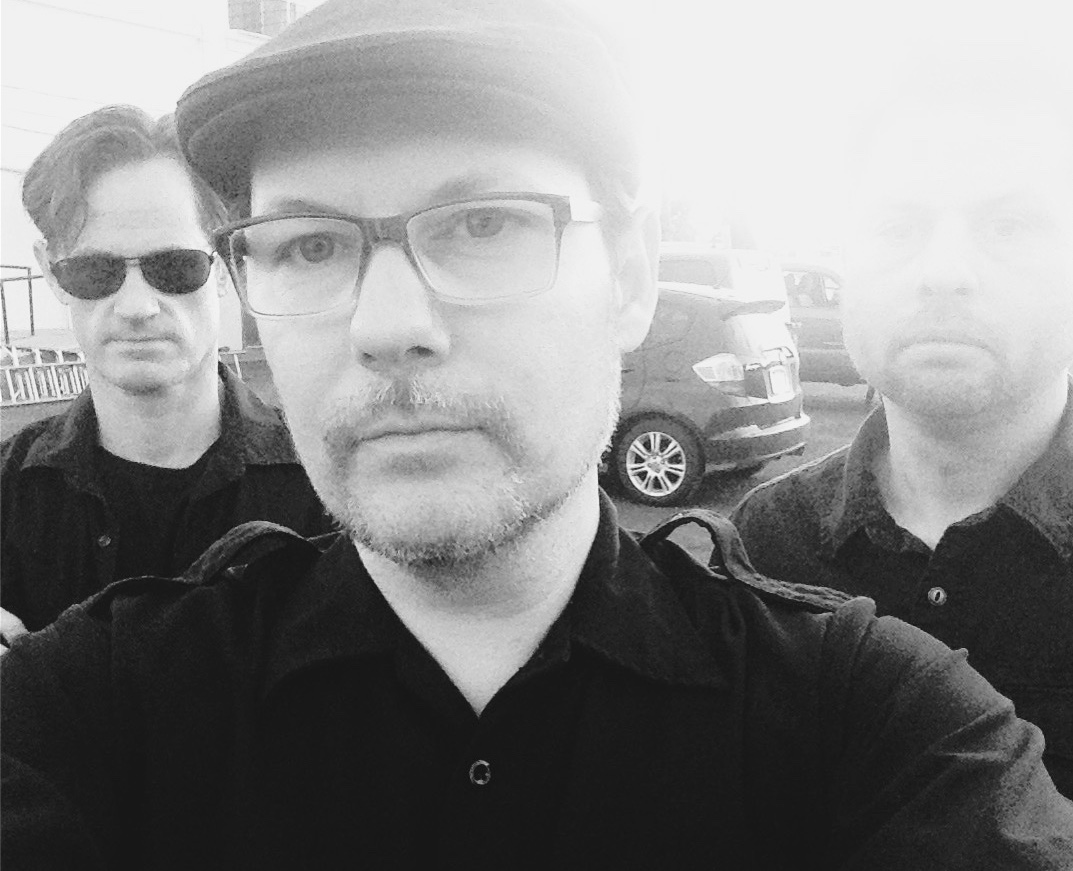


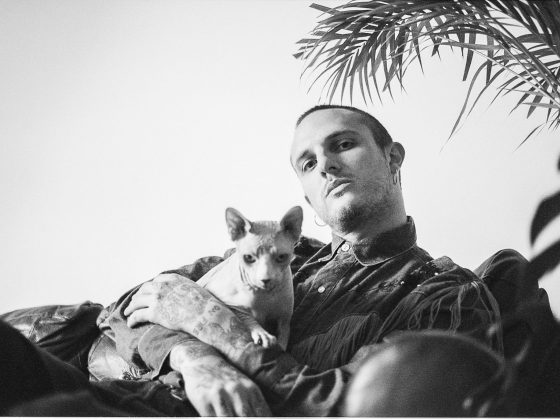



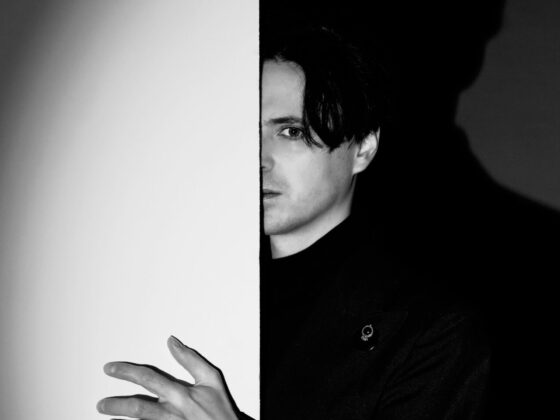

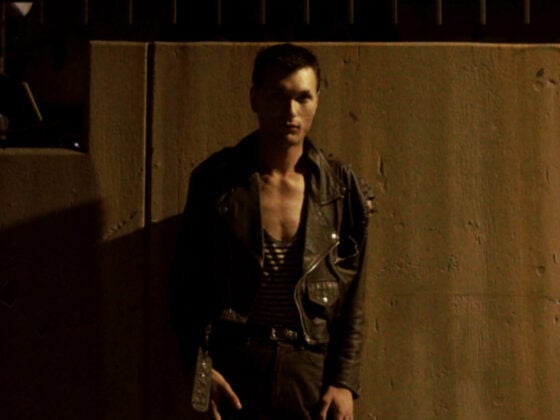
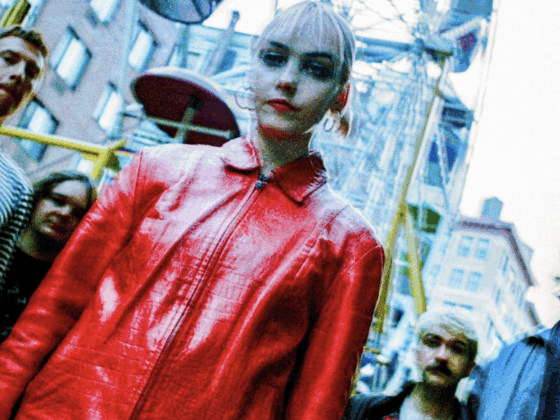
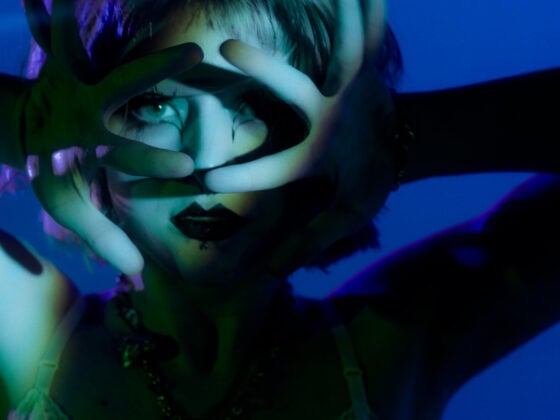
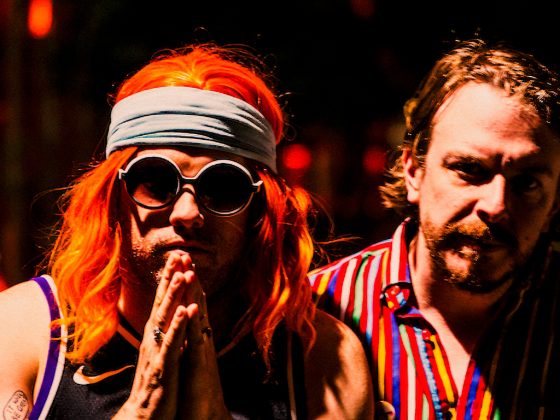

 Or via:
Or via: